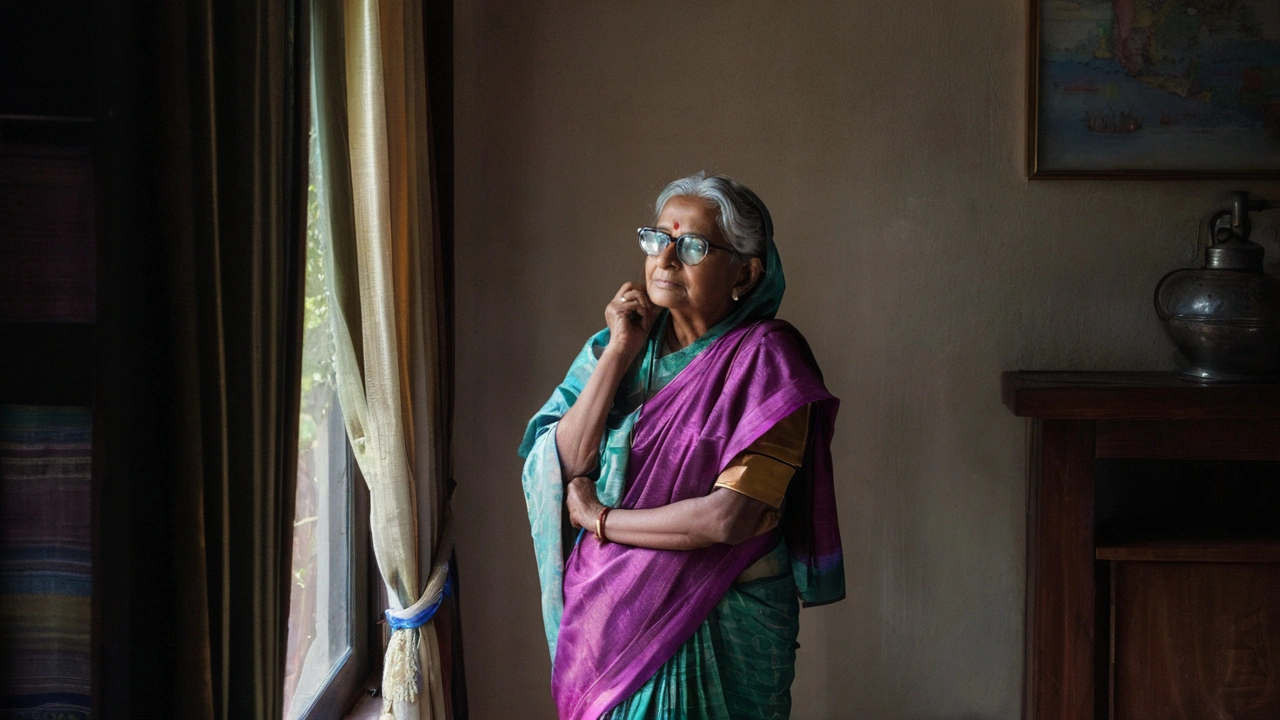Sheikh Hasina: who she is and why she matters
Sheikh Hasina has led Bangladesh for most of the past two decades. She heads the Awami League and has been prime minister since 2009, after an earlier term in the late 1990s. People look to her for economic growth, big infrastructure projects and a tough hand on security and opposition politics.
If you want short, sharp context: Hasina is both praised for steady GDP growth and criticised for shrinking space for dissent. That push-and-pull shapes how Bangladesh acts regionally and how international partners respond.
Quick background you can use
She’s the daughter of Sheikh Mujibur Rahman, Bangladesh’s founding leader. Her political base is the Awami League and she’s known for long-term rule, strong development plans and a focus on connectivity—roads, ports and power. At the same time, elections and media freedom under her government draw scrutiny from human-rights groups and some foreign governments.
Two practical points to remember: one, Bangladesh’s garment sector expanded under her leadership, fueling exports and jobs. Two, the country hosts a large Rohingya refugee population after the 2017 crisis, and that issue remains a major diplomatic and humanitarian challenge.
What to watch next
Elections and how they’re run: any major vote in Bangladesh gets attention because the process affects stability and foreign relations. Watch turnout, opposition participation and international observer comments.
Rohingya developments: plans for repatriation, international aid, and conditions in camps in Cox’s Bazar are a constant story. Shifts here can change Bangladesh’s relations with Myanmar and donors worldwide.
Economic moves: keep an eye on foreign investment, export performance—especially garments—and big infrastructure loans. Deals with China, India and others often show where Dhaka is leaning strategically.
Human rights and media freedom: arrests of opposition figures, court cases, and restrictions on journalists are signals of how political space is evolving. These issues influence aid, trade talks and partnerships.
Want to follow this tag effectively? Track official statements from Dhaka, reports from major rights groups, and coverage by international outlets. Local media gives on-the-ground detail; international outlets add perspective on diplomacy and trade.
Looking for quick sources: government press releases for policy moves, UN and humanitarian agencies for refugee updates, and financial news for investment and trade stories. Cross-check claims—especially on sensitive topics like elections or security—before you share.
If you come here for regular updates, expect pieces that mix policy briefings, human stories from affected communities, and analysis of Bangladesh’s foreign ties. We’ll flag fast developments and explain why they matter for the region and for readers tracking global politics.
Questions you might ask next: How will Hasina balance ties with India and China? What are the prospects for fair, competitive elections? How will Bangladesh manage climate risks that threaten coastal communities? Those are the stories shaping headlines now.
Follow this tag to stay on top of the practical facts and the real-world effects of decisions coming out of Dhaka. We’ll keep it clear, concrete and focused on what changes for people on the ground and for international partners.

